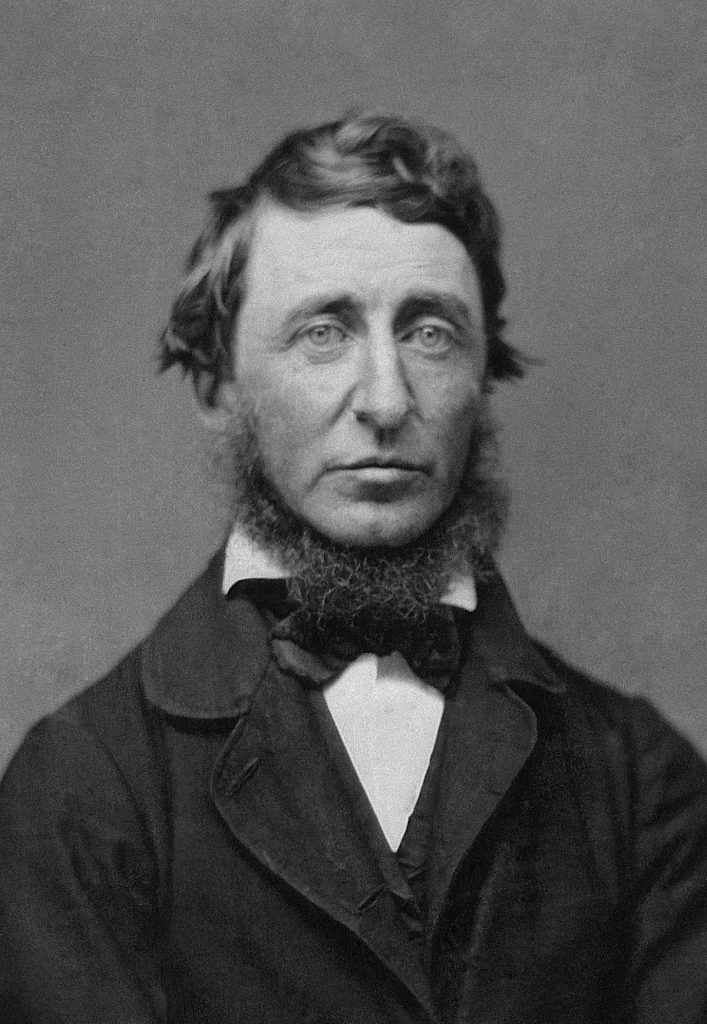Henry David Thoreau (1817-1862)

“I went to the woods because I wished to live deliberately, to front only the essential facts of life, and see if I could not learn what it had to teach, and not, when I came to die, discover that I had not lived. I did not wish to live what was not life, living is so dear; nor did I wish to practice resignation, unless it was quite necessary. I wanted to live deep and suck out all the marrow of life, to live so sturdily and Spartan-like as to put to rout all that was not life, to cut a broad swath and shave close, to drive life into a corner, and reduce it to its lowest terms, and, if it proved to be mean, why then to get the whole and genuine meanness of it, and publish its meanness to the world; or if it were sublime, to know it by experience, and be able to give a true account of it in my next excursion.“

Henry David Thoreau, Walden, 1854
In a similar way Thoreau built his cabin near the Walden Pond in 1845 from recycled and hand cut material, we will have to start from scratch and build the School in the woods of island Vis. Arriving at Harvard as a 16-year-old, he encountered a system that he called “superficial scholarship” as opposed to real knowledge. After Thoreau graduated from Harvard, he and his brother John set up their own school. They surveyed the school grounds and planted crops with the students, who learned basic mathematics and science along the way. And they took numerous journeys to outdoor sites — hence the term “field trips” — where the students found out about local history as well. Thoreau understood education not simply as a means, a preparation for something (a job or a career), but as something that is intrinsically valuable. Real progress was for Thoreau when we unlearn and learn anew what we thought we knew before. His concept of learning involves an intense observation of the natural world and the inner self. One day we will build a replica of Thoreau’s cabin as part of our School’s activities at the island of Vis. With solar power, of course.